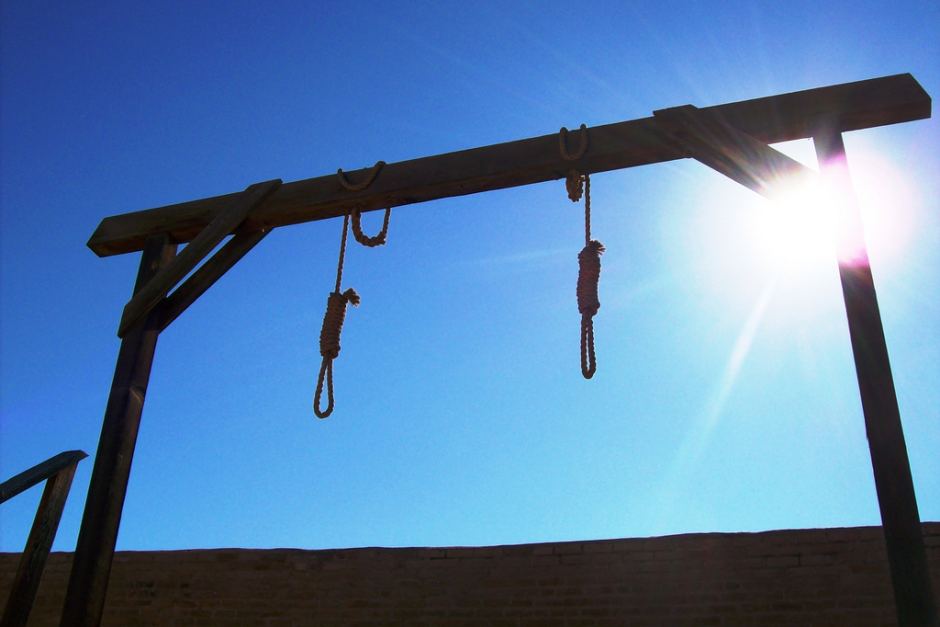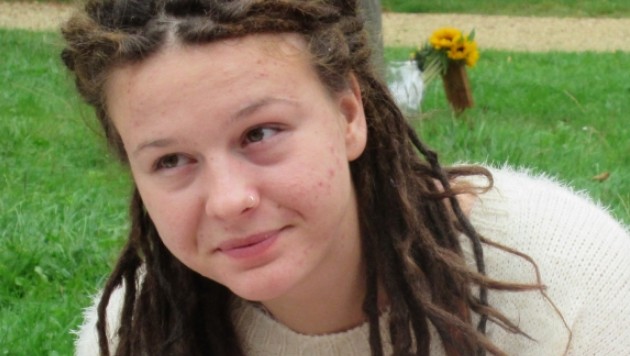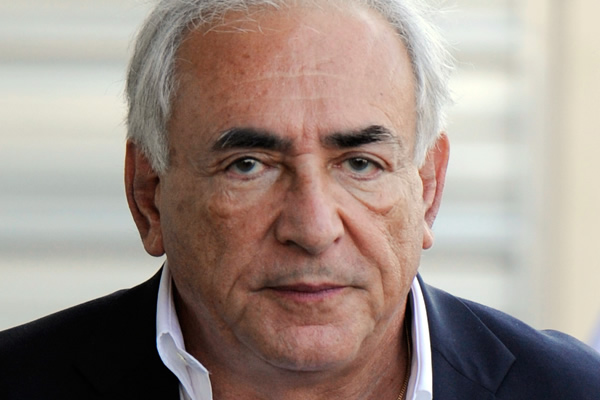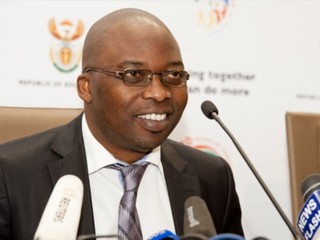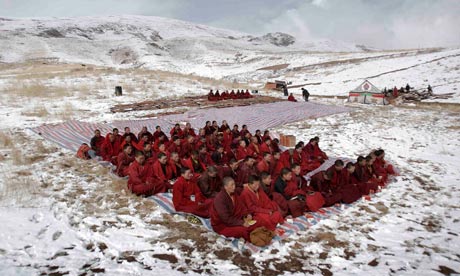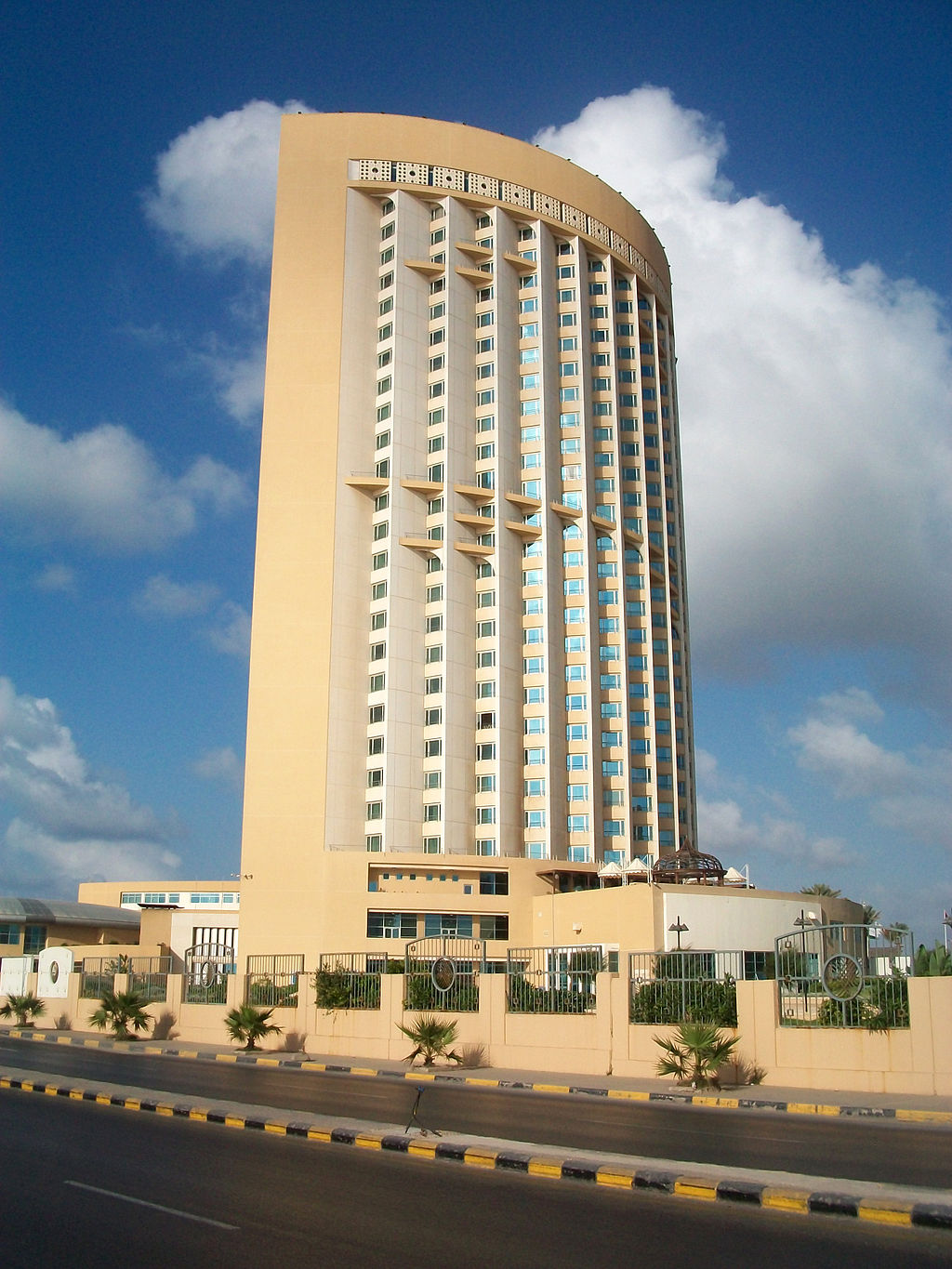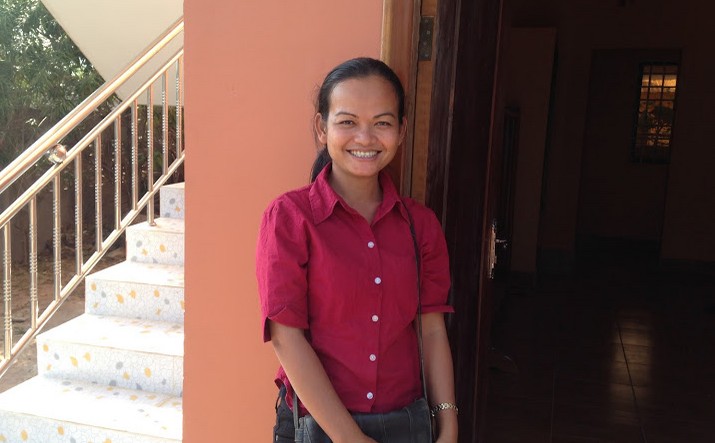After the Islamic State released a video showing the execution of a Jordanian pilot Tuesday, Jordan’s responded by executing two jihadists imprisoned since 2006 for acts of terrorism. One woman and one man were hanged early Wednesday morning.
The woman, Sajida al-Rishawi, a 44-year-old Iraqi designated a “sister imprisoned” by Daesh, had carried out attacks in the Jordanian capital a year before her arrest. Sixty tourists, diplomats, and expatriates were killed in suicide attacks committed in three hotels. Al-Rishawi was sentenced to death in 2008 for her participation in the attacks.
The man, Ziad Karbouli, was part of al-Qaeda. He had also been sentenced to death in 2008.
The two executions have been interpreted as Amman’s response to the appalling murder of Maaz Al-Kassasbeh, a Jordanian pilot captured on Dec.24 by the Islamic State after the crash of his plane in Syria, where he participated in air strikes for the international coalition against the Islamic State.
The barbarism of the execution of the pilot (burned alive in a cage) raised the emotions of well-known figures in the world of politics.
“This Sunni group is the embodiment of evil,” said David Cameron, British Prime Minister, while François Hollande, the French President, condemned the act as a “barbaric murder.”
In a unanimous statement, the 15 member countries of the UN Security Council also “strongly condemned” a “barbaric and cowardly act which once again shows the brutality of the Islamic State.”
The Islamic state had demanded the release of Sajida al-Rishawi in exchange for the Japanese journalist Kenji Goto, who the Islamic State had held hostage. The transaction had not taken place and the Japanese journalist was beheaded.
Japanese Prime Minister Shinzo Abe had described the killing of Goto as a “vile and unforgivable act.”
In Karak, the hometown of the pilot, some people protested outside a local administrative building. They felt that the government had not done enough to obtain his release.
In the most recent video release by the Islamic State, representatives also list names and display photographs and addresses of soldiers from countries participating in the international coalition, and claim to offer a reward of “100 gold coins” to those who would kill one of them.
Analysis by Esther Hervy
Photo by mhlradio
